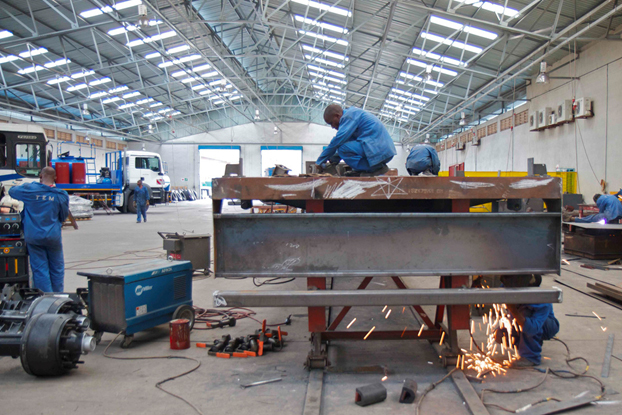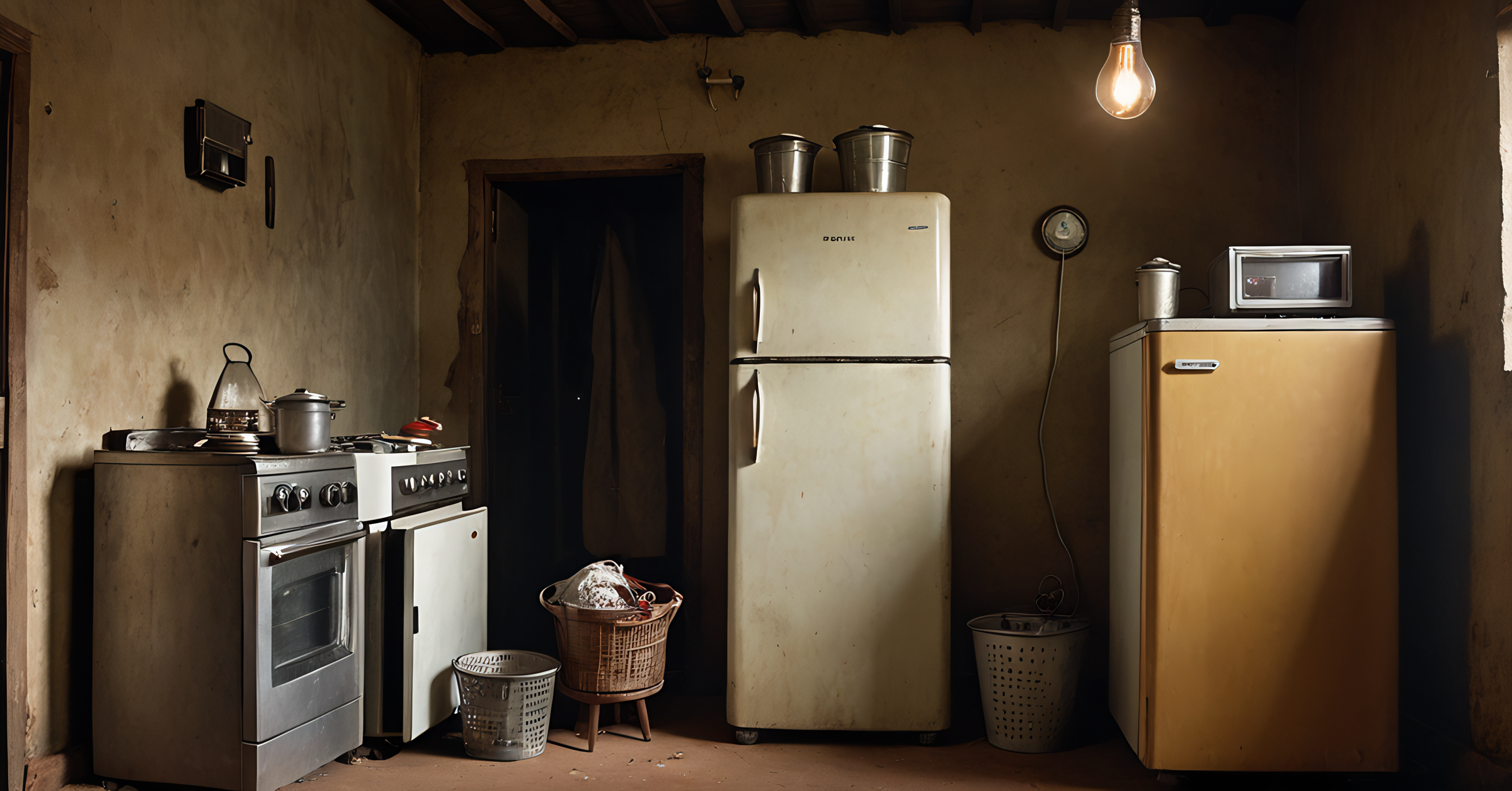This module provides participants with an understanding of the operations and processes of refrigeration and air conditioning systems. It also provides an appreciation of the Minimum Energy Performance Standards (MEPS) for these cooling appliances (household refrigerators and room air conditioners) that have been developed for the EAC and SADC regions and discusses the frameworks available to limit use of gases with high global warming potential (GWP). Aspects of end-of-life treatment of refrigeration and air conditioning (RAC) components are also discussed.
The module consists of seven different blocks introduced through interactive live webinars by experts on the subject and recorded with the links to the recordings posted on the platform for review by participants (change agents) at their convenience.Course Objectives
The objective of this course is to:
1. introduce the fundamentals of refrigeration and air conditioning (RAC) systems and their operation process
2. Present the MEPS for household refrigerators and room air conditioners
3. Explain value-recovery as the last phase of a process where refrigeration and air conditioning (RAC) components are recycled, and materials are reused or transformed into energy. Value-recovery promotes waste reintegration into the productive process and supports a circular economy through an integrated and environmentally sound waste management
4. Explain International protocols guiding clean cooling
5. Introduction to the selection, use and handling on natural refrigerants with zero or low GWP emissions
Learning Outcomes
By the end of this module participants will be able to:
1. understand basic refrigeration and air conditioning systems and their operation process
2. Appreciate the MEPS for household refrigerators and room air conditioners
3. Explain value-recovery as the last phase of a process where refrigeration and air conditioning (RAC) components are recycled, and their benefits
4. Explain International protocols guiding clean cooling
5. Introduction to the selection, use and handling on natural refrigerants with zero or low GWP emissions


This module addresses the growing demand for cooling in the EAC and SADC regions, emphasizing the need for energy-efficient cooling technologies using low Global Warming Potential (GWP) refrigerants. It covers refrigeration and air conditioning fundamentals, aligns with international frameworks like the Montreal Protocol, and focuses on reducing energy consumption and greenhouse gas emissions.

This course provides participants with an understanding of the basic concepts, applications, components, design, business models, operation and maintenance of PUE technologies and systems. The course includes concepts on clean cooling, solar powered irrigation, solar drying, solar powered milling, maintenance and servicing, testing and standards, business models and financing for PUE.

This course provides participants with an
understanding of the business opportunities in energy efficiency. The course
explains several energy efficiency service business models and how they can be
used for the benefit of both private and public sector energy users. In
addition to benefiting the energy service businesses, energy users and
economies of the 21 countries in the EAC and SADC regions, the energy service
models can also contribute towards meeting the Sustainable Development Goals.

